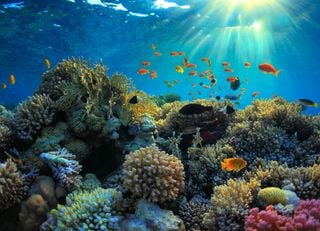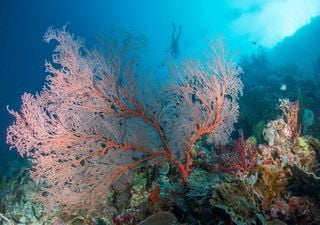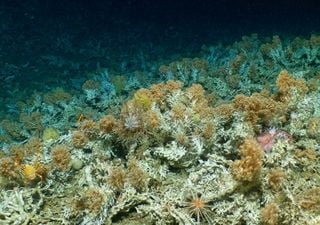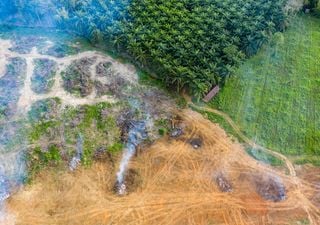Expedition reveals staggering microbial diversity of Pacific Ocean coral reefs
Scientists say that coral reefs are far more genetically diverse than was once thought, particularly concerning microbiome diversity.
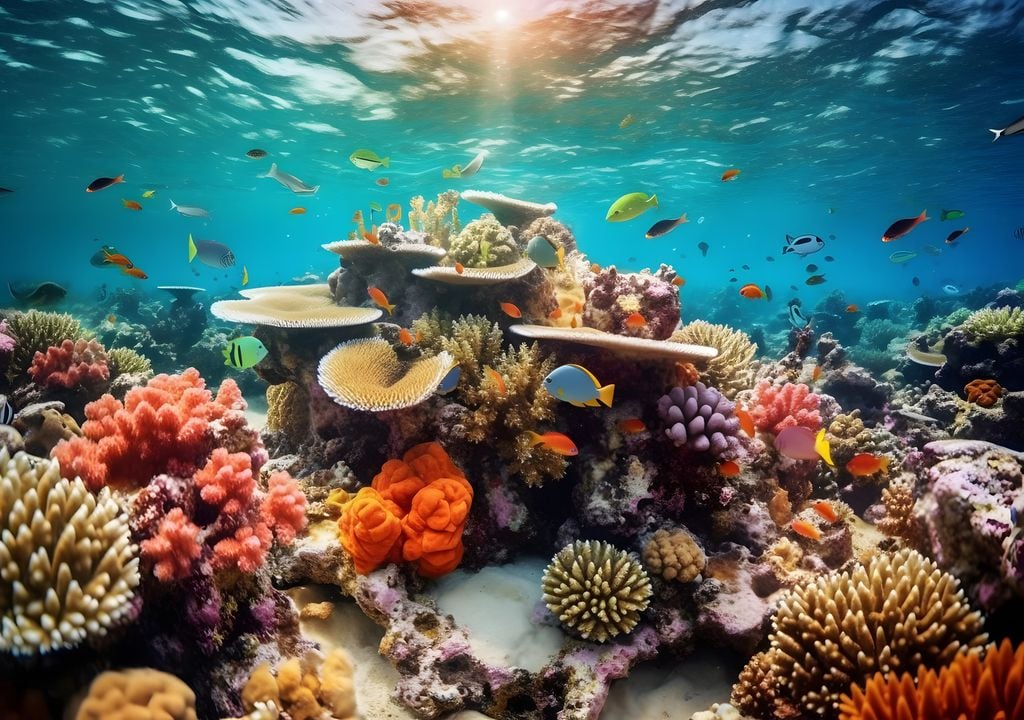
An enlightening collection of scientific research papers have sprung from the intrepid Tara program — a two-year expedition seeking to unravel the complexity and biodiversity of the Pacific Ocean’s coral reef ecosystems.
In one paper, a team of researchers led by Pierre Galand assessed the microbiome diversity of three different organisms (including fish, plankton, and corals) in the Pacific Ocean. The findings were published in Nature Communications.
The coral reef microbiome
Although it is well known that coral reefs are extremely biodiverse, serving as critical marine habitats for all manner of species, the current literature reveals only poor estimates of coral reef microbiome diversity.
A coral reef microbiome represents a community of microorganisms, including archaea, viruses, fungi, and bacteria associated with coral reefs. This also includes microorganisms associated with fish and plankton. Just as the gut microbiome in humans plays an important role in supporting overall health, so too does the microbiome for the coral reef ecosystem.
A universal marker
Galand and his team analysed 5,392 microbiomes (for plankton, corals, and fish) using an identification technique known as metabarcoding. The team used a universal marker known as the 16S ribosomal deoxyribose nucleic acid (DNA) — a gene found in all bacteria and archaea which is comprised of both highly conserved and variable genetic regions.
The V4/V5 region is known as one of the hypervariable sections of the 16S rDNA gene, allowing for species, and on occasion, genus distinction. Scientists can learn about the makeup and richness of the microbial population by sequencing this particular region.
Staggering diversity
Across corals, fish, and plankton, the team recorded a total of 542,399 amplicon sequence variants (ASVs) across 32 islands in the Pacific Ocean. This diversity is substantial compared to the 44,000 ASVs associated with the corals of the Indian Ocean.
The Pacific data is believed to account for one-fifth of all known estimates for the diversity of all bacterial and archaeal groups on Earth (between 2.72 and 5.44 million ASVs). It is said that 2.8 million ASVs represent the diversity of reefs worldwide. The researchers say that this information indicates that the diversity of the world’s microbial communities is likely to be far greater than previously thought.
